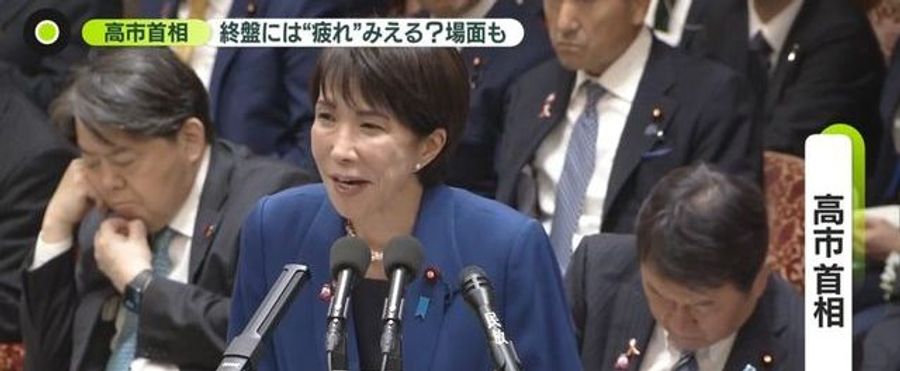Reports have emerged that Japanese Prime Minister Kōichi appears tired as he heads into the final stages of a significant committee session. The impact of this perceived fatigue on his decision-making faculty, his driving of policy, and overall leadership effectiveness is yet to be seen. Political commentators are keenly watching this development, as the committee's conclusion could have substantial ramifications on Japan’s political landscape.
In Japan's politically charged environment, the stamina and resilience of its leaders are often regarded as a reflection of their capability. Exhaustion or any signs of it can be seen as a sign of weakness. A great deal of importance is placed on showing endurance, especially in crucial moments such as nearing the end of a major committee session. This public's perception of their leader's resilience can significantly impact their approval ratings.
In contrast, in places like the US or EU, where political life is typically seen as rigorous and demanding, signs of fatigue by politicians are often met with calls for promoting wellness and balance. There's a greater acceptance of the fact that high-ranking politicians, despite their status, are nonetheless susceptible to the same human limitations we all share.

